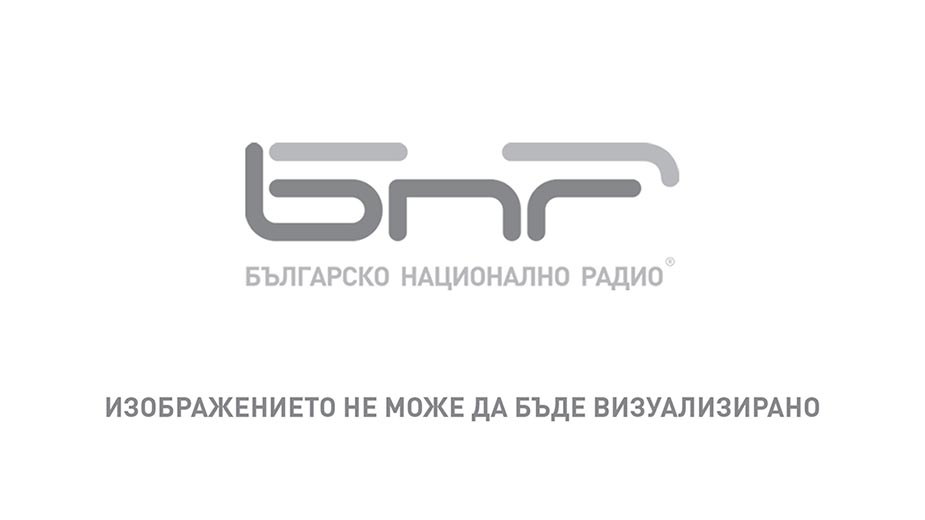
What is the future of public media at the backdrop of new social needs and are these media prepared for challenges of the digital age we live in? A joint conference of the Bulgarian National Radio and the Bulgarian National Television opened with this question, but the answer remains unclear. The first joint forum, organized by the two public media in Bulgaria, provoked great interest among journalists, media analysts, MPs, former and current members of the Council for Electronic Media, NGOs and international experts. With their speeches and questions they contributed to a fruitful discussion, focusing on topical issues that are plaguing local media. Among the topics covered during the conference were both funding of public media and the need to rethink their mission and harmonize legal frameworks in line with new realities. The Chairman of the Public Council for Bulgarian National Radio, Rayna Konstantinova, said that financing of public media was a key issue for their independence and added:
“Funding we are talking about, while not having a ready-made formula for it, is an investment in the future. This is so because behind all the wonderful definitions of what public media should provide, like accessibility, high-quality content, etc., we should not forget about talent. There are creative people working in public media and investing in the future, in quality journalism, and against fake news means taking care of journalists whose work is of high quality.”
According to Rayna Konstantinova, the lack of a ready-made formula prevents public media from "making that unique and entertaining product that we can trust in".
In an interview with Radio Bulgaria, Head of the Legal and Human Resources Directorate of the Bulgarian National Radio, Milen Mitev, also addressed financial problems faced by BNR and BNT management:
“In any case, funding must have a framework that goes beyond a budget year. This will enable management to make plans for longer periods of time and to start larger projects when it comes to restructuring or offering new services. A model that is to allow predictability of funding is needed.”
According to Milen Mitev, the method of financing is a question that should be solved at national level in Bulgaria and in order to achieve a change, broad public consensus was needed.
A special guest at the "Future of Public Media in the Digital Era" forum was EBU Head of Radio Graham Dixon, who pointed out that it was vital for each of the 70 public media members of the Union to preserve the interest and trust of their audience. This was only possible if they continued to provide pluralism of views on various issues on the public agenda. Mr. Dixon also told Radio Bulgaria about the problem of fake news and the ways in which consumers can protect themselves:
“The real problem is that if something gets published somewhere, it cannot be stopped and the speed at which lies spread across the world is enormous. I think we would be able to defend ourselves from fake news by raising public awareness. People should not remain passive and soak in all that is offered to them, but instead they should look at information in a critical way.”
Author: Yoan Kolev
English: Alexander Markov